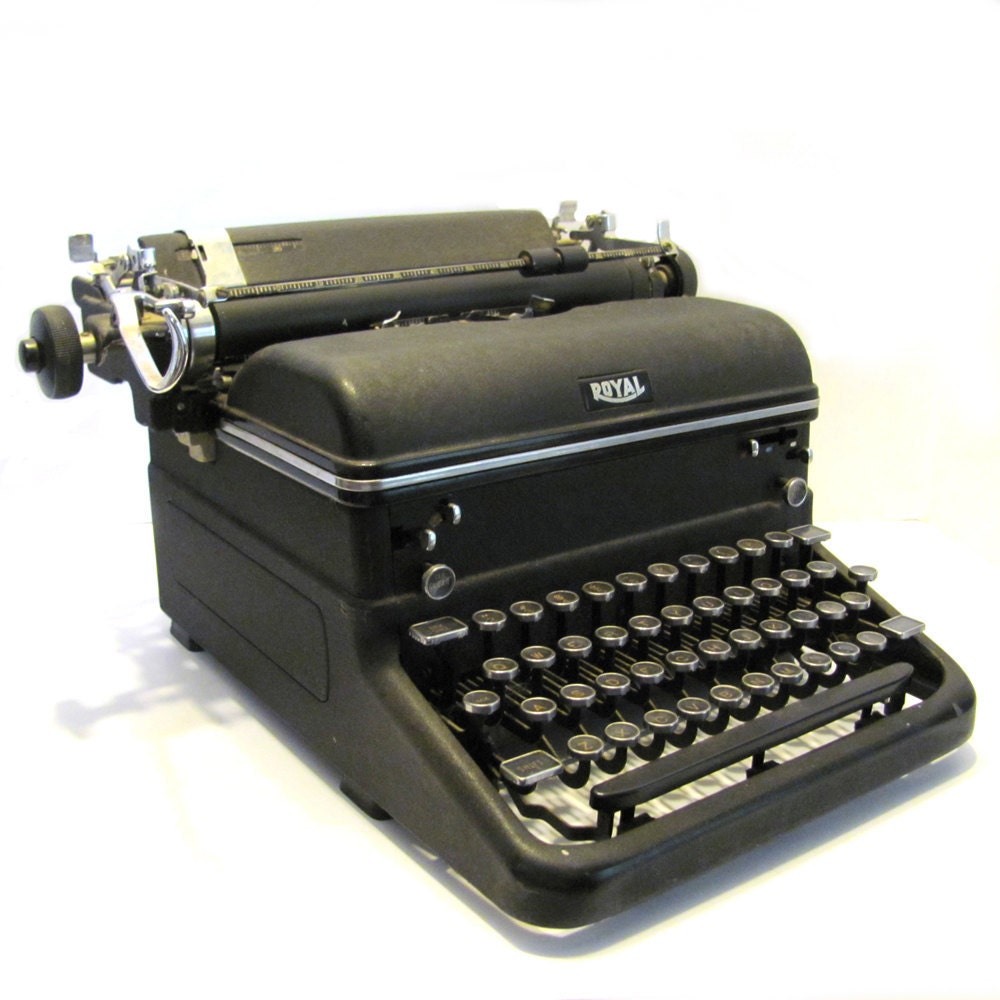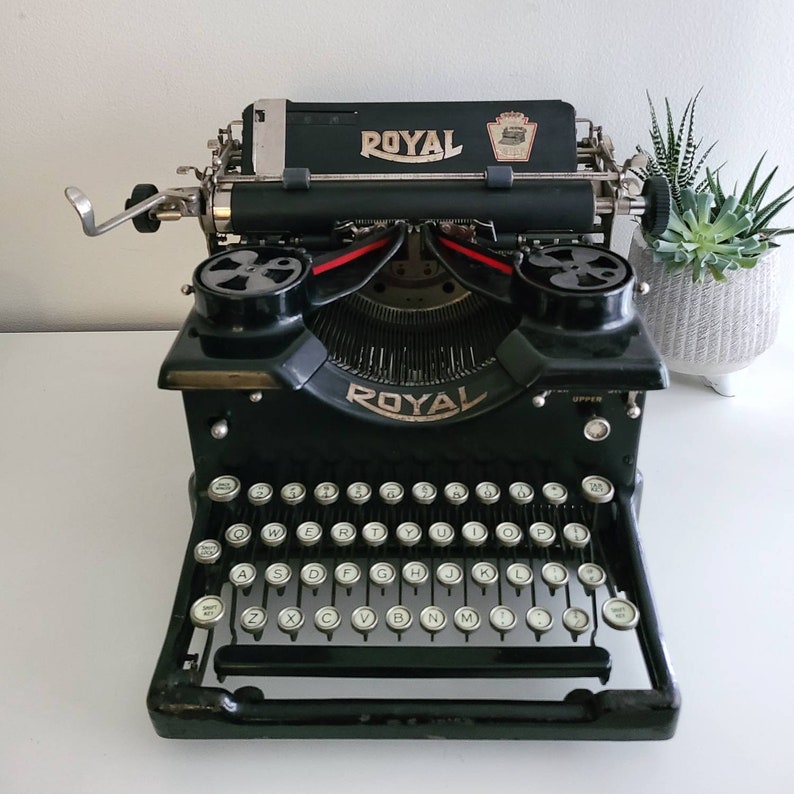
Now the family needs to divide the property according to the share decided by the court. The police is investigating the fake will.

The rest of the assets will now be divided between Amrit Kaur and the family of Deepinder Kaur, who died in 2018.

In September, the Supreme Court upheld the high court's order and ordered that the trust - which had been administering the properties until now - be immediately dissolved. It also rejected the former king's brother's claim but said that he was entitled to a 25% share in the property - this was because their mother only died in 1991, two years after Harinder Singh.
Royal typerider trial#
In 2020, the Punjab and Haryana high court upheld the trial court's decision and said that the third will was fabricated. The trust members, Deepinder Kaur and Bharat Inder Singh - Kanwar Manjit Inder Singh's son - appealed against the decision. The trial court also rejected Kanwar Manjit Inder Singh's claim to the estate. But that didn't reflect in his purported will which had so many mistakes in spellings, and his signatures had been forged," she said, adding that different typewriters had also been used to make the will. "The king was a learned man and had a beautiful handwriting. Jassi Anand, a forensic expert engaged by Amrit Kaur, told the BBC that they had thoroughly studied the third will to establish that it was not made by the former king. Now the family has to divide the properties It said the third will was not genuine and that Amrit Kaur was entitled to a half share of all the properties along with Deepinder Kaur (Maheepinder Kaur had died in 2001). In 2013, a trial court ruled on both the suits. Harinder Singh's younger brother, Kanwar Manjit Inder Singh, also filed a case, arguing that he was entitled to the estate as the closest surviving male relative. Her sisters Deepinder Kaur and Maheepinder Kaur and the other trustees were named as parties to the suit.īut that wasn't all. In 1991, Amrit Kaur challenged the will, claiming a third's share of the properties.

This document said that all of the property would be managed by a caretaker trust, with the trustees including her two sisters and a relative of Harinder Singh's mother. This one was dated 1 June 1982, a few months after Tikka Harmohinder Singh's death in a road accident. Three years later, the former king executed another legal deed - a registered settlement - in London which did not disinherit Amrit Kaur.Īccording to this, she would only receive her share of the property after she turned 25 or legally separated from her husband, whichever came first.īut after his death, Amrit Kaur - who had reconciled with her father by then - got a shock when a third will was read out. The Supreme Court's order says that the reason for this appeared to be that "the eldest daughter had married against the wishes of the father". "The Faridkot ruler did a lot of development work, like in railways and building hospitals," says historian Harjeshwar Pal Singh, adding that both Harinder Singh and his ancestors had a good relationship with the British. This included hundreds of acres of land, forts, buildings, aircraft, vintage cars and money in the bank, all spread over the states of Punjab, Himachal Pradesh, Haryana and Delhi. In 1948, after India became independent, Harinder Singh - like the rulers of other erstwhile princely states - entered into an agreement with the government which allowed him to retain control over some of his assets. The journey to this moment involved years of legal tussle and at least three wills - including the now-discredited one. The top court later said this will was "fictitious, fabricated and shrouded with suspicious circumstances" and awarded the major share of the property to two of Harinder Singh's daughters.

His eldest daughter had challenged the will - according to it, she didn't receive any share of the property. The dispute erupted after the death of Harinder Singh Brar, the last ruler of the former princely state of Faridkot (now in the northern state of Punjab), in 1989. BBC Punjabi's Arvind Chhabra reports on the twists and turns of the case. In September, India's Supreme Court brought the curtain down on a three-decade-old royal family feud over the ownership of properties worth more than 200bn rupees ($2.4bn £2.3bn). Amrit Kaur with a photo of her father, Harinder Singh Brar


 0 kommentar(er)
0 kommentar(er)
